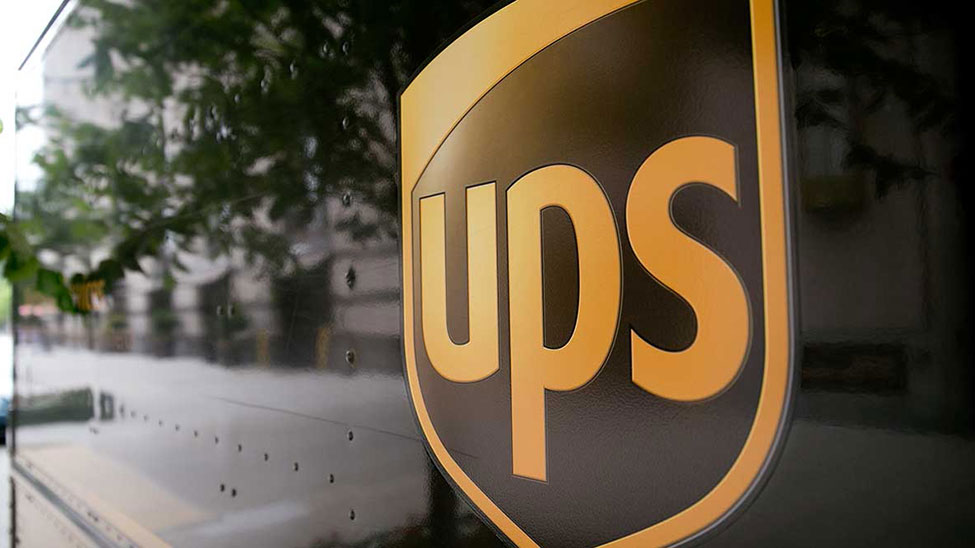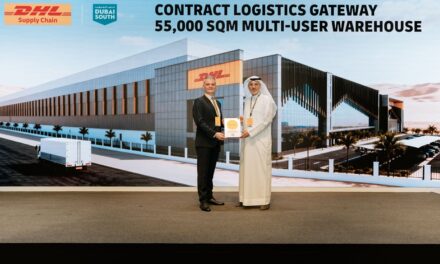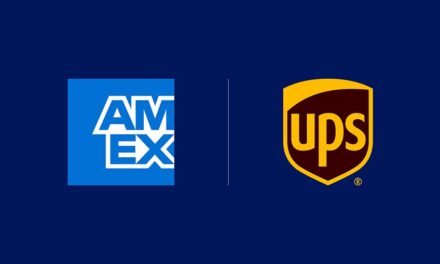
UPS adds value to customer’s supply chain

UPS has converted four of its major U.S. international air freight (IAF) gateways into foreign trade zones FTZs: Chicago (ORD), New York (JFK), Dallas (DFW), and Los Angeles (LAX).
The expansion extends UPS’s FTZ-related capabilities beyond warehousing and distribution to create a comprehensive FTZ solution for helping clients manage the end-to-end process from dealing with customs to inventory control. Any of UPS Global Logistics’ 42 U.S. distribution centres can become FTZs.
announced the recent integration and expansion of Zone Solutions within its customs brokerage, warehousing, logistics and transportation business.
UPS also converted four of its major U.S. international air freight (IAF) gateways into FTZs: Chicago (ORD), New York (JFK), Dallas (DFW), and Los Angeles (LAX). The expansion extends UPS’s FTZ-related capabilities beyond warehousing and distribution to create a comprehensive FTZ solution for helping clients manage the end-to-end process from dealing with customs to inventory control. Any of UPS Global Logistics’ 42 U.S. distribution centres can become FTZs.
“UPS is constantly searching for ways to add value while decreasing the cost and complexity of our customers’ supply chains,” said Jeff McCorstin, President of UPS Global Brokerage and Customs. “Adding FTZs enables customers to streamline compliance validations to mitigate risk and promote savings on their IAF shipments by leveraging FTZ-designated gateway facilities.”
The strategic utilisation of the FTZ program provides opportunities for duty elimination on exports and scrap, as well as duty deferral on foreign status inventory in an activated FTZ.
According to the most recent data from the Census Bureau (2017), import duties totaled $33.1 billion – equal to 1.4% of the total value of all imported goods, and 4.7% of the value of all imports subject to duty. For businesses looking to grow and expand, proper management and payment of duties is critical.
Importers in industries such as consumer electronics, automotive, apparel, and footwear historically pay high duty rates when importing their products into the country. Foreign Trade Zones help reduce duties, import taxes and other fees by utilising special regulations that provide potential cost-saving measures through duty deferral, duty elimination, tariff inversion, fee consolidation and streamlined U.S. Customs procedures.
“This acquisition was in direct response to our customers’ growing needs,” McCorstin added. “Zone Solutions’ talent and expertise means UPS now provides leading FTZ solutions offerings.”










